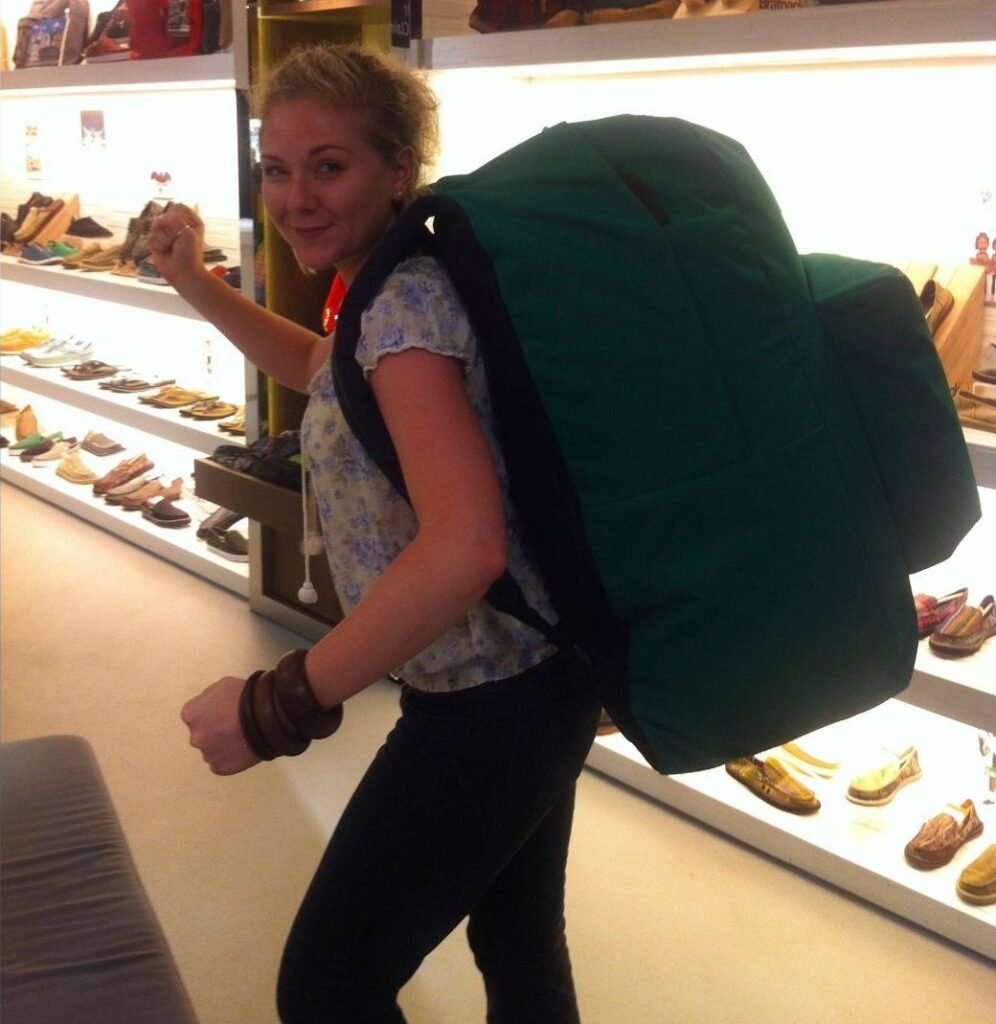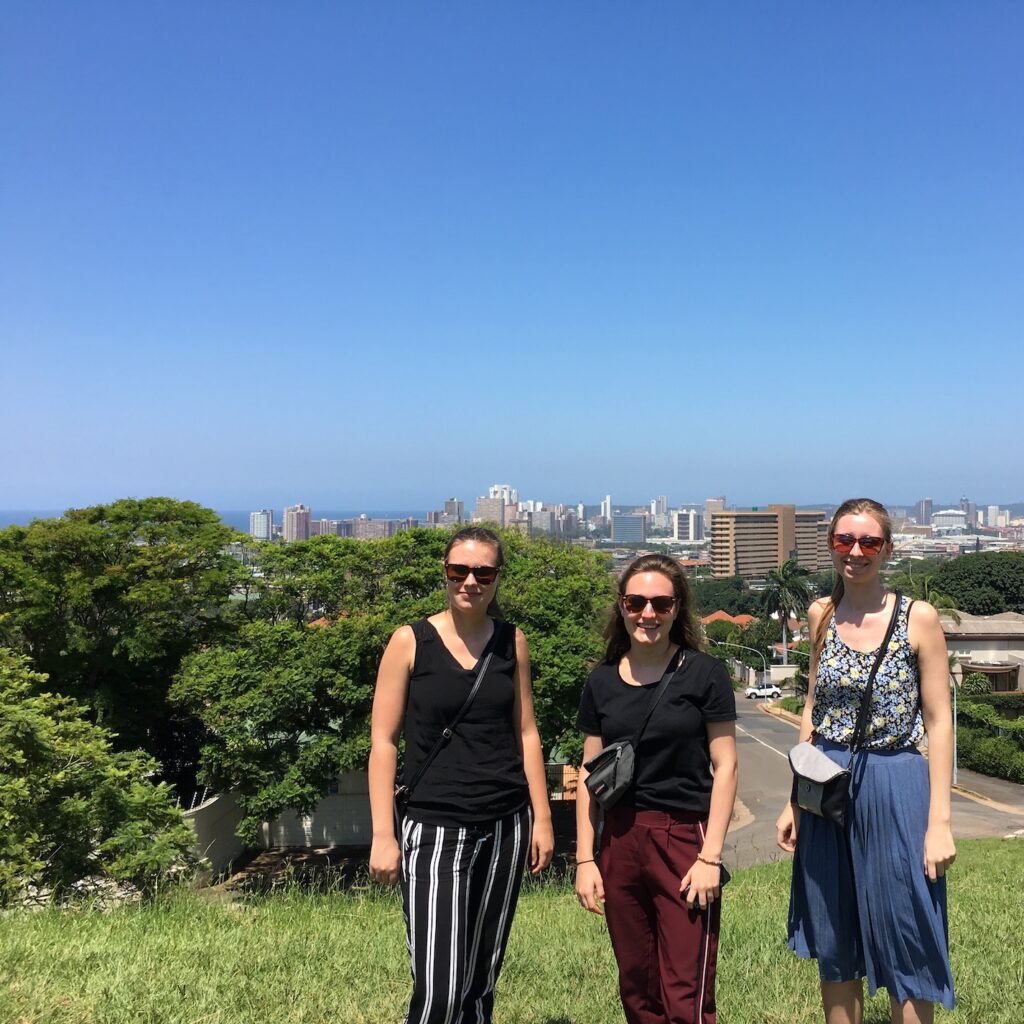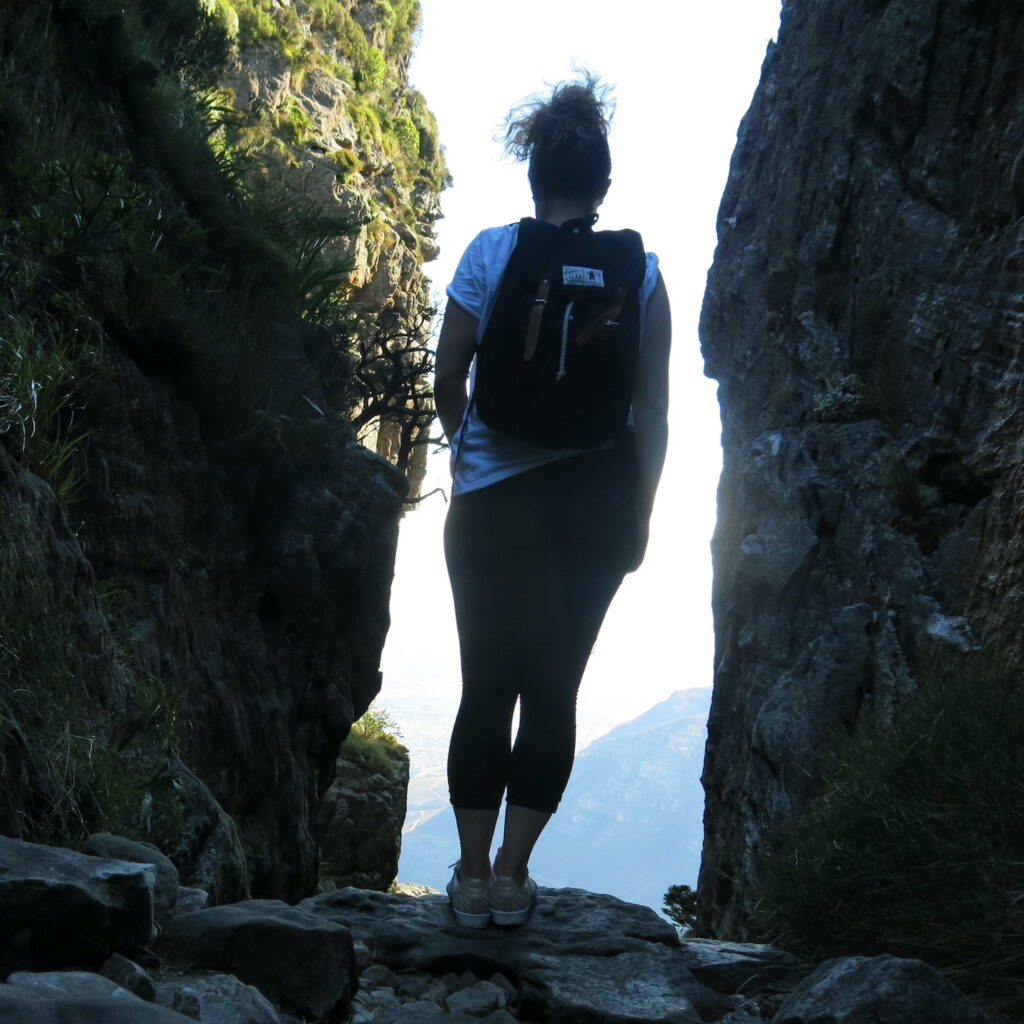Volunteer Packing Essentials
One of the questions at the front of everyone’s mind as they get ready to volunteer abroad and begin their work experience volunteer placement is “what do I pack?”
If this is your first time volunteering, or taking a career break abroad this can be an especially daunting task.
To help get you started, we have prepared a small list of basic necessities for your volunteer trip abroad, wherever your destination may be.
Packing List
1.Insect Repellent: The mosquitos as well as other nasties will be just as active in the day time as they are at night. Be sure to bring lots of insect repellent to fend off the bugs while you’re on the go.
We recommend buying high quality DEET, and locally produced insect repellant is usually the best, but make sure you have some for arrival.
2. Mosquito Net (India/Ghana): Many volunteer locations are in warm, tropical countries.
With this hot and humid weather comes lots of mosquitos. To avoid waking up covered head to toe in mosquito bites, which would make for a very uncomfortable trip, we highly suggest bringing a mosquito net along on your trip.


3. Long Sleeved Tops and Trousers: This may seem odd, since we just told you that the climate is likely to be hot and humid.
However, this also means that it will likely be very sunny most days. We suggest bringing long sleeved tops and trousers to keep yourself protected from sunburn (they also protect you against those pesky mosquitoes we like to talk about so much)!
We also work with children and in different religious communities which need to be respected and appropriate clothing will need to be taken to go on day trips to temples, churches or working in courts.
We also recommend taking flat comfy shoes. Your days can be long, so bring comfy shoes.
4. Sunscreen: The sun will be strong, and even in long sleeved tops and trousers, you’ll still face some exposure. We advise bringing sunscreen to protect your face, neck, hands and any other exposed areas. This will also be useful if you don’t always follow our excellent advice and wind up wearing short sleeved tops or shorts during your trip or during your free time.
5. Plug Adaptor: You will likely want to bring your phone or other electronic devices on the trip. If you do (and you should!), you will also need to bring a plug adaptor so you can charge your phone and other electronics at the end of the day.
South Africa there are four associated plug types, types C, D, M and N. Plug type C is the plug which has two round pins, plug type D is the plug which has three round pins in a triangular pattern and plug types M and N both have three round pins.
Ghana there are two associated plug types, D and G. Plug type D is the plug which has three round pins in a triangular pattern and type G is the plug which has three rectangular pins in a triangular pattern.
India there are three associated plug types, types C, D and M. Plug type C is the plug which has two round pins, plug type D is the plug which has three round pins in a triangular pattern and plug type M is the plug which also has three round pins.

6. Battery Pack: You may be spending long days away from your accommodations, so we highly recommend bringing battery packs in case your phone or camera runs out of power sometime along the journey. Trust us, you won’t want to be without your camera; but more on that later!
7. Water Bottle: As mentioned with the battery pack, you may be away from your accommodations for long periods of time. Whether you are at the volunteering location for six hours at a time or you are taking a day trip to explore your host country, it is a good idea to have a reusable water bottle with you that you can fill with fresh water at home and bring along on your journeys.
8. Journal and Camera: We know these are two different items, but both are extremely important and have a shared purpose!
You are about to embark on the experience of a lifetime, and we guarantee you’ll want to record as much of it as you can. Take lots of pictures and write everything down, all the highs, lows, and times in between, so you can remember each and every part of the journey. You’ll want to keep these memories for a long time
9. Medication: If you are taking medication, please make sure you remember it.
It can be almost impossible to find the exact medication in-country and can be very costly to send it, which isn’t guaranteed.
Ghana/India: Malaria tablets are essential: Please consult your doctor. We have found ASDA Pharmacy to be the most cost effective, and can be taken 24 hours before travel.
(Ghana)Please bring your Yellow Fever vaccination certificate as you will have to present it going through security.
Other Important Items to Pack
Rucksack/Bumbag – for day trips and weekends away in your free time.
Travel towel – You’ll need to take a towel, and a travel towel is usually the best to save on space.
Hair ties – Super useful to take spares. Most of our projects are in hot and sunny climates, and often you will need your hair out of your face.
Toiletries – (try and bring none chemical and more organic brands as the water systems in many of the projects we work with are basic and we don’t want to add any pollution.
Ladies, we know it can be daunting heading out to a new culture and community if you are also expecting your period, so remember to take sandwich bags so you can dispose of any products safely, as these will easily clog up any plumbing.
Hand sanitiser – for keeping your hands free of bacteria. You may also be away from water supplies for the day.
Scrubs (medical electives only) – you will need to take scrubs with you for all our medical electives.
Lock – We recommend you lock your suitcase and bag. Our projects are very safe, but extra measures will also give you extra peace of mind and you will be sharing rooms with other volunteers.
More Essential Items Not to Forget
Cash/Money – We recommend you pre-load a cash card as India and Ghana you are unable to exchange money before arrival and will need to exchange when you are in-country. Our in-country volunteer assistants will help you visit ATMs.
Vitamins/Supplements – You will be eating locally prepared food, which will be of a local standard and your body may need to keep its strength up so we recommend you take some vitamins and supplements with you.
Games/Entertainment/Reading – There can be down time at all our projects or long journeys if you are taking a weekend trip. We recommend taking cards, or some form of non-technology entertainment (colouring in books, puzzle books etc) and of course, bring a good book. Some of our projects have intermittent internet, so having something non-electrical will be a good way to relax and interact with the project staff and children.



